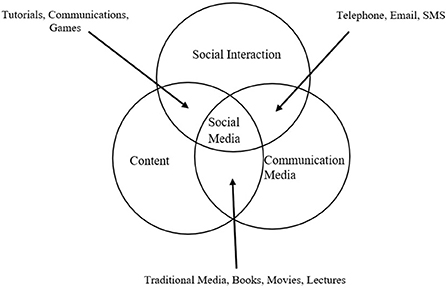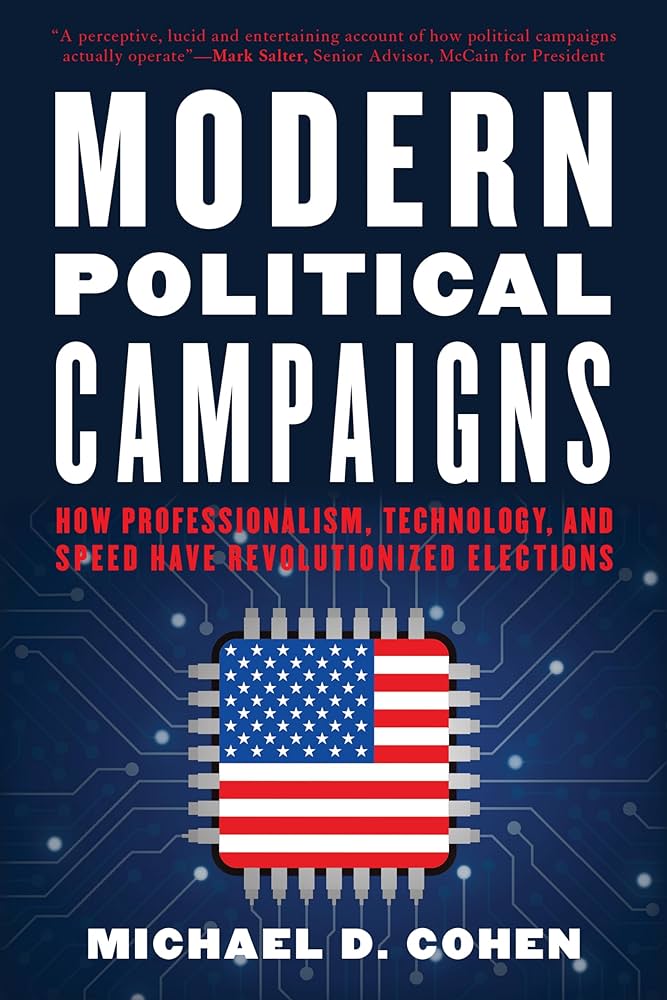In recent years, the role of technology, particularly social media, in shaping political history has become increasingly prominent. The evolution of social media has revolutionized the way political campaigns are run and how elections are conducted. With the rise of platforms such as Facebook, Twitter, and Instagram, political actors have gained new avenues to reach and engage with voters, making it an integral aspect of modern political landscapes.

Credit: www.elon.edu
Engagement and Communication
Social media has transformed the way political messages are communicated and received. Candidates and political parties can connect directly with their constituencies, bypassing traditional media gatekeepers. This direct engagement has provided a platform for open and unfiltered communication between politicians and the electorate, allowing for a more transparent and immediate exchange of information and ideas.
Information Dissemination
Social media platforms have become the primary sources of news and information for a large portion of the population. This has significant implications for political events and elections, as it shapes public opinion and influences the spread of political narratives. Political actors understand the power of social media in shaping public perception and have adapted their strategies to leverage these platforms to deliver their messaging effectively.
Campaigning and Mobilization
Political campaigns now heavily rely on social media to mobilize supporters and drive voter turnout. Platforms such as Twitter and Facebook are utilized to promote rallies, events, and fundraising efforts, enabling candidates to rapidly reach a large audience and energize their base. Additionally, the use of targeted advertisements allows political campaigns to tailor their messaging to specific demographics, increasing the precision of their outreach efforts.
Challenges and Controversies
Although social media has revolutionized political engagement, it also presents challenges and controversies. The spread of misinformation and fake news, along with the potential for foreign interference, has raised concerns about the integrity of elections and the impact on democratic processes. Furthermore, the echo chambers created by social media algorithms have led to polarization and divisiveness within the electorate, making it increasingly difficult to bridge ideological gaps.
Regulation and Transparency
In response to the challenges posed by social media, calls for regulation and transparency have become more prevalent. Efforts to monitor and regulate political advertising on social media platforms have been advocated to ensure fairness and accuracy. Additionally, the need for transparency regarding data usage and privacy protection has become a focal point in discussions about the role of technology in political history.
The Future Landscape
As technology continues to advance, the role of social media in political history will undoubtedly evolve. Emerging technologies such as artificial intelligence and data analytics are expected to further shape the way political campaigns are conducted and how voters are targeted. The intersection of technology and politics will continue to be a pivotal factor in shaping the future of democracy and governance.

Credit: www.frontiersin.org
Frequently Asked Questions Of Exploring The Role Of Technology In Political History: Social Media And Elections : Revolutionizing Democracy With Social Media
Q: How Has Technology Impacted Political History?
A: Technology has revolutionized political history, enabling faster communication, real-time data analysis, and broader access to information for voters and candidates alike.
Q: What Role Does Social Media Play In Political Elections?
A: Social media plays a significant role in political elections, fostering direct communication between candidates and voters, facilitating information dissemination, and increasing voter engagement.
Q: How Does Social Media Influence Political Discourse?
A: Social media shapes political discourse by providing a platform for open discussions, promoting diverse perspectives, and amplifying voices that might otherwise be unheard.
Q: Can Social Media Help Political Candidates Gain Visibility?
A: Yes, social media platforms allow political candidates to reach a wider audience, build brand awareness, and engage with voters on a personal level, potentially increasing their visibility.
Conclusion
Undeniably, the impact of social media on political history is profound. From transforming communication and mobilization to shaping public opinion and presenting challenges, social media has fundamentally altered the political landscape. As technology continues to progress, it is imperative to consider the ethical and practical implications of these advancements, ensuring that the role of technology in political history remains consistent with democratic principles and the welfare of society.
Guest Author Sakhawat-Shuvo wrote and edited this Article based on his best knowledge and understanding. These opinions and remarks are not endorsed or guaranteed by epichistoria.com or EpicHistoria. The Epic Historia does not guarantee this article’s content. Readers should verify and use their judgment before trusting the content. Also, the Images used in this Article are the copyright of their Respective Owners. Please use our Comment Box or Contact Us form to report this content. This information is not accountable for losses, injuries, or damages.


